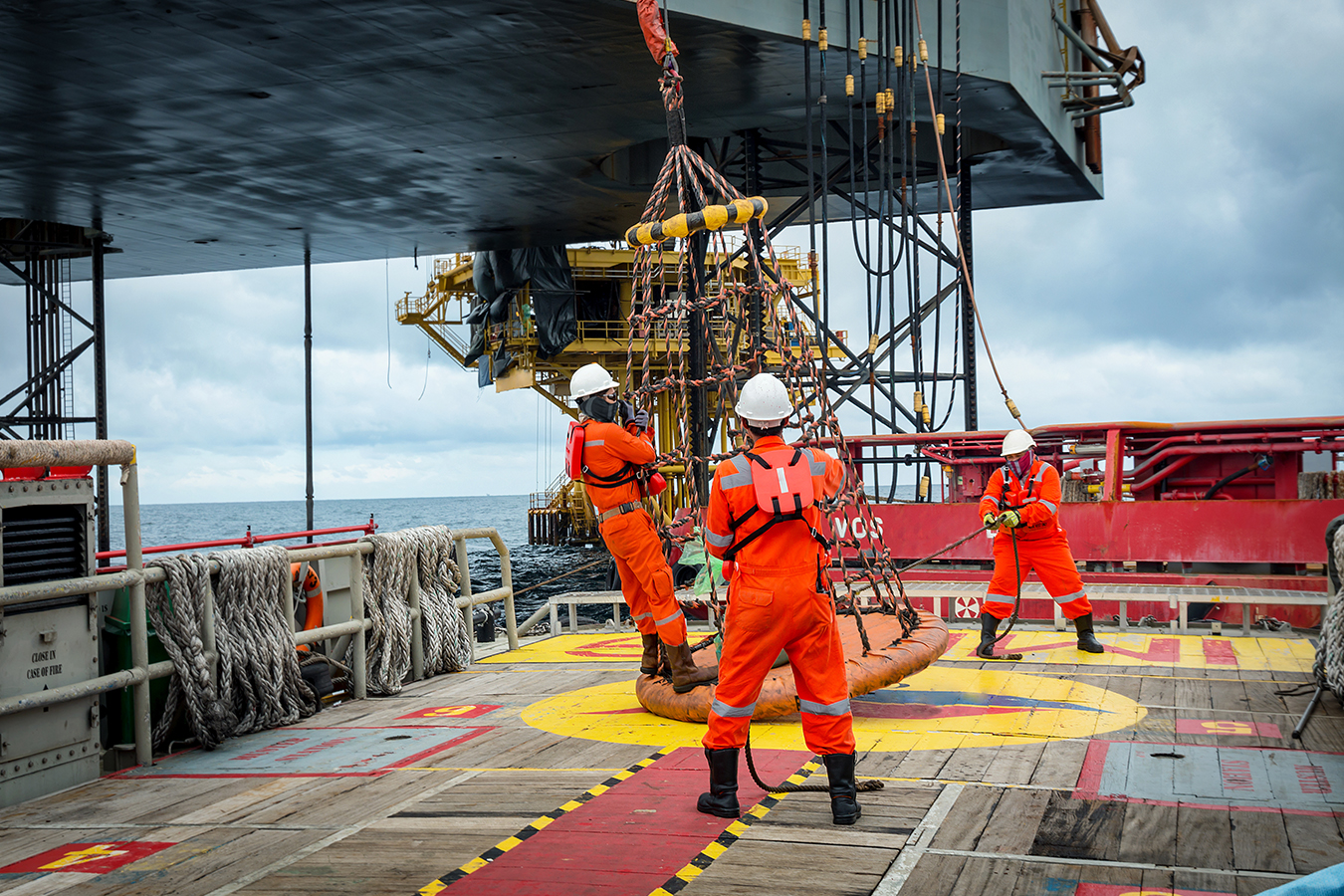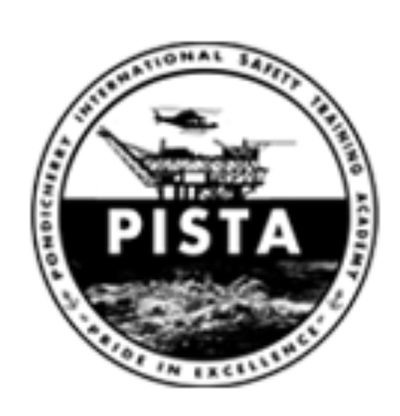
Why Offshore Safety Training Matters
Offshore oil and gas jobs demand more than technical skill—they require strong safety awareness and emergency preparedness. Discover why offshore safety training is essential and how it saves lives.
The High-Risk Nature of Offshore Work
Working offshore in the oil and gas industry involves operating in one of the most hazardous environments on the planet. Extreme weather, heavy machinery, confined spaces, and isolation from land create a unique set of risks. Unlike onshore jobs, offshore emergencies can escalate quickly and require immediate, well-trained responses. That’s why comprehensive offshore safety training isn’t just important—it’s life-saving. It equips workers with the knowledge and skills to protect themselves and their colleagues in high-pressure situations, where every second counts.
What Offshore Safety Training Teaches You
Safety training for offshore professionals covers a wide range of real-world scenarios. From fire prevention and first aid to helicopter escape procedures and sea survival, trainees are taught to stay calm and act quickly. Courses like BOSIET and HUET at PISTA simulate emergency situations, helping you build confidence through practice. This hands-on training prepares you not only to meet industry compliance but also to save lives in actual emergencies. At PISTA, our goal is to produce safety-first professionals who are fully prepared for the realities of offshore life.
Offshore Safety is Not Optional—It’s a Requirement
In today’s oil and gas industry, safety training is not a recommendation—it’s a requirement. International companies will not hire offshore personnel without valid safety certifications. OPITO-approved training, like the kind offered at PISTA, is often a legal and contractual necessity. More importantly, it proves that you take your role seriously and are committed to protecting yourself, your team, and the environment. Investing in safety training is investing in your career—and your life.
Conclusion
The offshore oil and gas industry demands more than technical knowledge—it requires mental preparedness, discipline, and strong safety skills. Offshore safety training prepares you for the challenges of working at sea, builds confidence in emergencies, and increases your value to employers. At PISTA, we provide internationally recognized training designed to keep you safe and career-ready. If you’re planning to work offshore, start with the training that could save your life.






